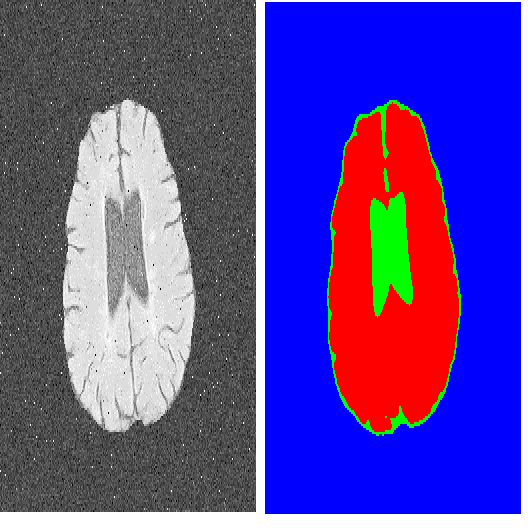U-Net is currently the most widely used architecture for medical image segmentation. Benefiting from its unique encoder-decoder architecture and skip connections, it can effectively extract features from input images to segment target regions. The commonly used U-Net is typically based on convolutional operations or Transformers, modeling the dependencies between local or global information to accomplish medical image analysis tasks. However, convolutional layers, fully connected layers, and attention mechanisms used in this process introduce a significant number of parameters, often requiring the stacking of network layers to model complex nonlinear relationships, which can impact the training process. To address these issues, we propose TransUKAN. Specifically, we have improved the KAN to reduce memory usage and computational load. On this basis, we explored an effective combination of KAN, Transformer, and U-Net structures. This approach enhances the model's capability to capture nonlinear relationships by introducing only a small number of additional parameters and compensates for the Transformer structure's deficiency in local information extraction. We validated TransUKAN on multiple medical image segmentation tasks. Experimental results demonstrate that TransUKAN achieves excellent performance with significantly reduced parameters. The code will be available athttps://github.com/wuyanlin-wyl/TransUKAN.
翻译:暂无翻译




